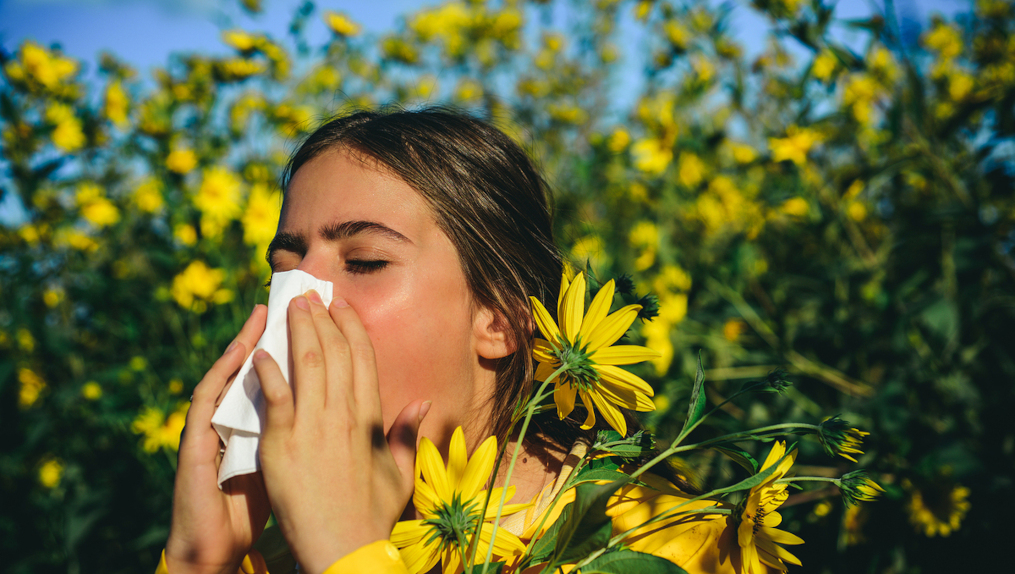Seasonal Allergies and Your Health

Seasonal allergies — otherwise referred to as allergic rhinitis or “hay fever” — occur at the
same time every year, as the name suggests. It is estimated that these types of allergies affect
anywhere between 20% and 25% of Canadians. They are triggered by outdoor allergens,
generally the pollen of certain plants, and can cause symptoms from spring through fall.
Here are a few things you can try if you’re a seasonal allergy sufferer:
Identify the culprit
The first thing to do is determine which type of pollen (tree, grass, hay, ragweed, etc.) is
responsible for the allergic reaction. Then read up on when the corresponding plant pollinates
and take the appropriate precautions. Once you know what is causing the problem, limiting your
contact will help control the symptoms. Other preventive measures you can take include the
following:
- Wash your hands, hair and clothes often
- Avoid mowing your lawn
- Limit outdoor walks
- Regularly clean, dust and vacuum your home
Manage the symptoms
A healthy diet rich in fruits and vegetables is always a good jumping-off point. In addition, it
would seem that certain plants are helpful in treating the symptoms of allergic rhinitis. The most
commonly recommended natural remedy is nettle leaf tea or capsules. A randomized, doubleblind
study with placebo conducted with 69 subjects showed that a freeze-dried preparation of nettles (Urtica dioica)
can help in relieving allergic symptoms.* The nettle in TRIADE by ACTUMUS (hyperlien) may
therefore be your key to surviving allergy season!
Tips on outdoor activities
As allergy season gets underway in earnest, you may want to schedule your outdoor activities
later in the day rather than earlier. Avoid hanging your laundry out to dry: pollen can cling to
your clean clothes and linens, and stay there. In your car, keep your windows closed. If you
need to turn on the A/C or heat, use the air recirculation button to keep outside air and the
pollen it contains from flowing in.



